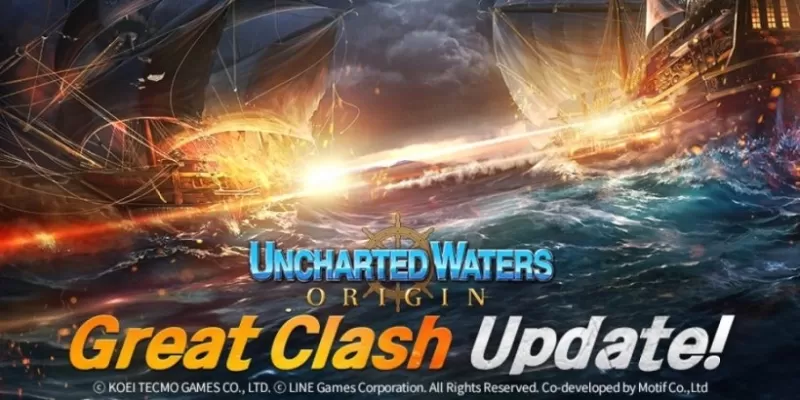Microsoft's recent unveiling of an AI-generated interactive space inspired by Quake II has ignited a heated discussion across online gaming communities. This demo, powered by Microsoft's Muse and the World and Human Action Model (WHAM) AI systems, promises to generate gameplay visuals and simulate player behavior in real-time, offering a glimpse into the future of AI-powered gaming experiences.
According to Microsoft, the demo, accessible via a web browser, dynamically crafts gameplay sequences reminiscent of the classic Quake II. Each player input prompts the AI to generate the next moment in the game, simulating the experience of playing the original game without a traditional engine. This innovative approach aims to showcase the potential of AI in creating immersive and responsive gaming environments.
However, the reception to the demo has been overwhelmingly negative. When Geoff Keighley, known for The Game Awards, shared a video of the demo on social media, the response was critical. Many in the gaming community expressed concerns over the quality and implications of AI-generated content in games. Critics on platforms like Reddit and X (formerly Twitter) voiced fears that the reliance on AI could lead to a loss of the human touch in game development, with one user lamenting the potential for studios to prioritize AI over human creativity due to cost efficiencies.
Despite the backlash, some defended the demo as a proof of concept, highlighting its potential to revolutionize early game development stages and enhance other AI applications. They argued that while the current demo may not be playable or enjoyable, it represents significant progress in AI technology and could open new avenues for innovation in the industry.
The debate around Microsoft's AI demo is part of a broader conversation about the role of generative AI in video games and entertainment. Recent examples, such as Keywords Studios' failed attempt at an AI-developed game and Activision's use of AI for Call of Duty: Black Ops 6 assets, illustrate the ongoing experimentation with AI in game development. These efforts have met with mixed reactions, with concerns about ethical issues, intellectual property rights, and the ability of AI to create engaging content.
As the industry continues to navigate these challenges, the discussion around Microsoft's Quake II-inspired demo underscores the tension between technological innovation and the preservation of human creativity in gaming.
 Home
Home  Navigation
Navigation






 Latest Articles
Latest Articles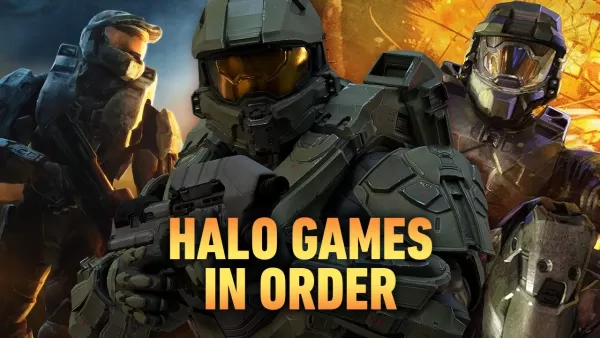

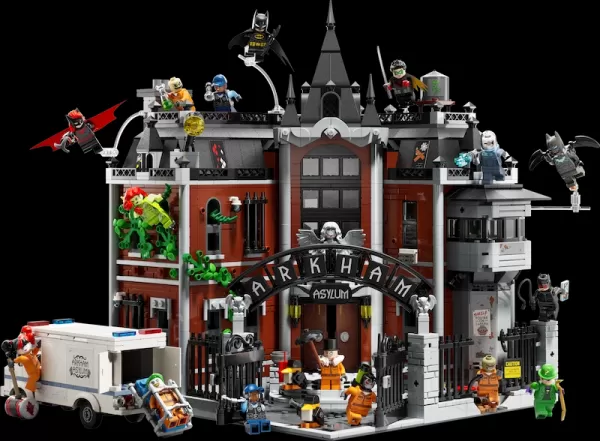


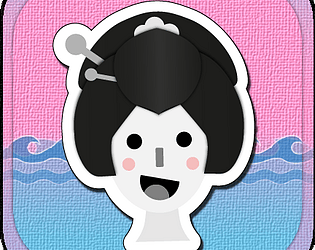


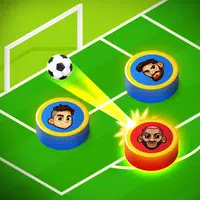
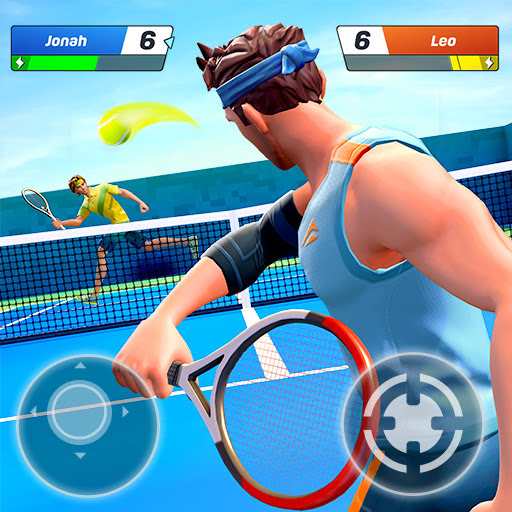

 Latest Games
Latest Games










